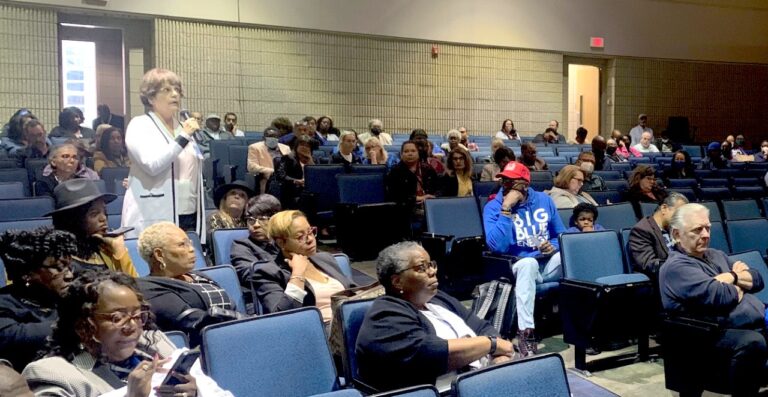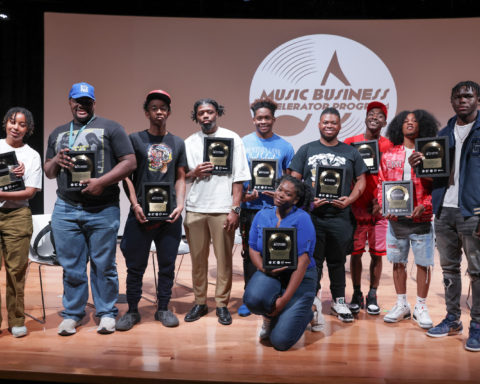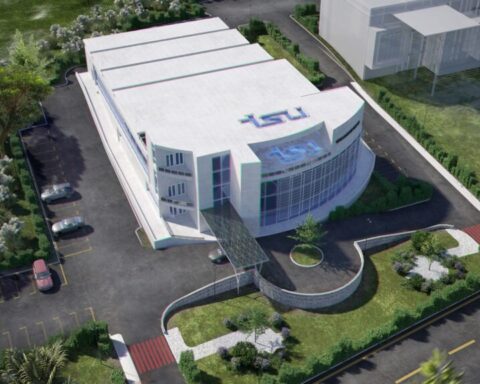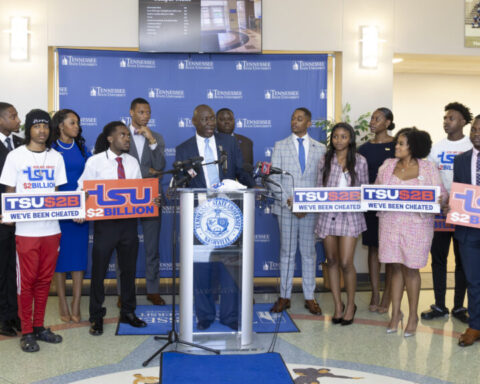By Emmanuel Freeman
Tennessee State University, Nashville’s only public university, aims to become only the second HBCU to reach the nation’s top research echelon with an “R1” designation under the Carnegie Classification of Institutions of Higher Learning. The designation would mean more doctoral programs, research initiatives and funding for students and the university. Currently, TSU is one of only 11 HBCUs with an R2 designation under the category of “high research activity.”
For its drive to “R1” status or “very high research activity,” the university is mobilizing its research enterprise – teaching faculty, researchers, graduate school, staff, students – to support its vision for the coveted designation. Howard University, an “R2” institution, achieved the “R1” designation in 2000 but lost it in a reclassification.
On Friday, Oct. 14, under the theme, “R2 to R1,” the university’s Office of Research and Sponsored Programs held an open forum to acquaint the research community with what is needed to help move the university to an R1 status.
“One of the goals of the forum was to find out the needs of researchers as they commit themselves to the execution of the many grant-awarded research projects going on throughout the campus,” said Dr. Quincy Quick, interim assistant vice president of Research and Sponsored Programs.
“Our goal was to provide an accurate understanding of exactly what is R1 and what going from R2 to R1 requires. We wanted to make sure everyone understood that research is important but it really comes down to programs and the number of Ph.D. completers that you have.”
The R1 designation by the Carnegie Classification of Institutions of Higher Learning is based on characteristics such as number of doctoral degrees conferred and money spent on research. In Tennessee, if TSU’s effort is successful, it will join the University of Memphis and the University of Tennessee Knoxville as the only institutions with the R1 designation.
Branndon Jones, a Ph.D. candidate in engineering and computational sciences, said he’s very optimistic about TSU’s effort.
“The research enterprise here at TSU is led by professors and advisors who have immense passion and dedication to their work and field of study,” said Jones, of Franklin, Tennessee, who is in his second year of his doctoral studies.
“The research areas are also unique since many are in the area of security and defense which forces researchers to think outside the box to develop novel approaches to solve today’s problems and problems that may arise 10 years in the future.”
TSU has a thriving research enterprise. Over the last two years, the University has been awarded more than $70 and $67 million in sponsored research and external funding, the highest in school history.
The university’s move to achieve an R1 designation comes just three years after receiving the R2 status, joining three of Tennessee’s four-year public institutions with that designation. Climbing to the top tier of R1 will be quite a fete. With nearly 4,000 colleges and universities classified by the Carnegie system, only 3 percent are R1s, considered the best research institutions in the world.
“The fact that there is no HBCU in that R1 classification, we are trying to set the standard,” said Dr. Robbie Melton, interim provost and vice president for Academic Affairs.
“We need to let everyone know that HBCUs have the same quality, rigor, and support for an R1 classification.”
To be considered for an R1 classification, an institution must award at least 20 research and or scholarship doctoral degrees during the update year, which takes place every three years, as well as spend at least $5 million in total research expenditures according to the National Science Foundation’s Higher Education Research & Development Survey. The institution must also score high on the Research Activity Index calculation, which is an aggregate level of overall and per capita research activity.
Quick, who is leading the university’s efforts and oversees the research enterprise, said achieving the R1 designation wouldn’t be easy, but TSU is up to the task.
“We are in a much better shape than most people realize,” he said. “TSU is very strong in the STEM disciplines. We are producing a good number of Ph.D.s in those areas, as well as in education and agriculture. We are also doing well in the number of non-faculty Ph.D. researchers, which now stands at 18.”
Quick added that research expenditures, which stood at $15.4 million in TSU’s most recent ranking, is another area of improvement. The greatest challenge, he said, is in the humanities, which does not currently have doctoral programs.
“Where we are going to meet the challenge is with the humanities, and there is a consensus across the board at the highest leadership, with President (Glenda) Glover, Academic Affairs, Research and Sponsored Program, and Institutional Research on what it is going to take to meet this challenge,” adds Quick.
Dr. Samantha Morgan Curtis, interim dean of the College of Liberal Arts, said the college is looking at a number of programs that could be elevated to the doctoral level.
“One of the first one we are looking at is criminal justice. There is also great interest in music, another incredibly strong program,” Morgan Curtis said. “We have a master’s program in music that will be rolling out shortly. The natural growth there is to look at the doctorate.”





